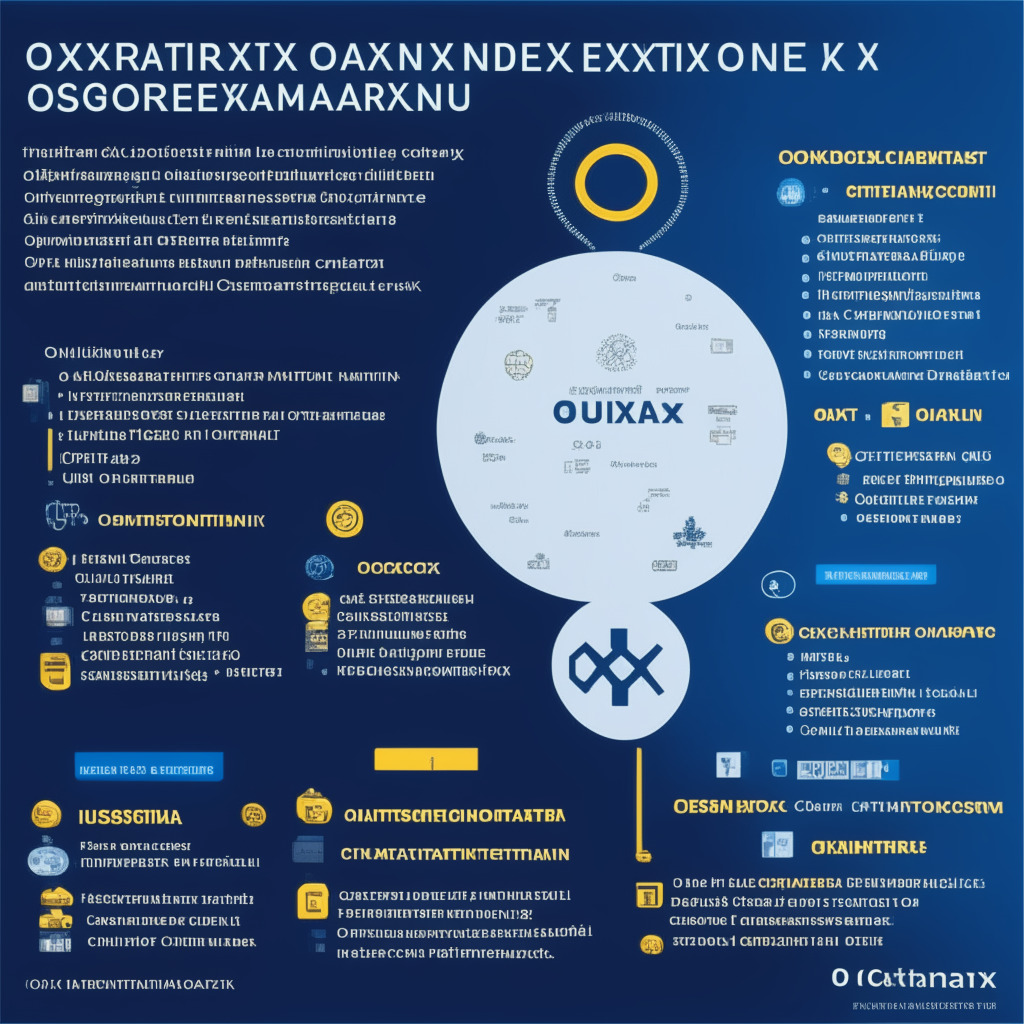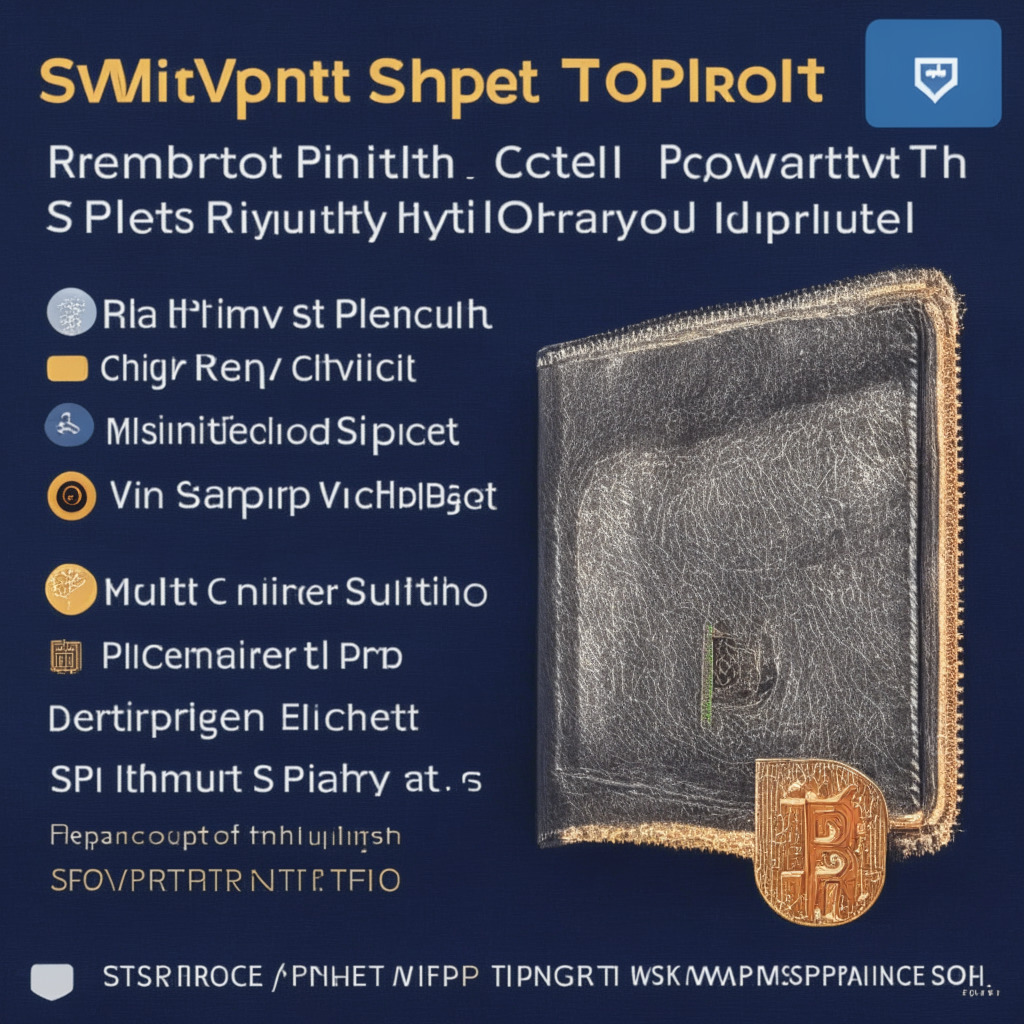The Web3 ecosystem relies on wallets for user identity verification and transaction authorization. Wallet infrastructures like Magic, Dfns, and Web3Auth aim to provide both security and convenience by exploring seedless wallets, multiparty computation (MPC), and Hardware Security Modules (HSM).
Search Results for: Multiparty Computation
The Fine Line Between Crypto User Authentication and Privacy Intrusion
“The crypto industry is prioritizing proof-of-humanity solutions to distinguish genuine users from bots. While techniques such as Zero Knowledge Proofs and blockchain-based Proof of Burn ensure credible, anonymous verification, they also need to incorporate ‘privacy-by-design’ principles. The focus is on user control, data privacy, and safeguarding against fake accounts and automated bots without infringing user’s privacy.”
Unlocking High-Storage Applications: Pros, Cons, and Conflicts in Web3 and Blockchain Adoption
The potential of blockchain technology to revolutionize high-storage applications is explored in this article, discussing its benefits in user control, privacy, and data ownership. Challenges such as scalability limitations, storage resource optimization, and data privacy must be addressed for blockchain to support high-storage applications effectively.
Revolutionizing Crypto Custody: How Mobile-Based Self-Custody Wallets Challenge Traditional Solutions
FinTech firm Censo recently launched a mobile phone-based self-custody wallet for institutions and organizations, offering a decentralized key management solution that is more user-friendly and cost-effective than existing technologies. Leveraging secure hardware enclaves in modern mobile devices, Censo’s open-source wallet presents a compelling alternative to MPC-based custody solutions.
The Future of Crypto Mixers: Balancing Privacy and Regulation in Blockchain Transactions
Crypto mixing services like Tornado Cash, once thought to be at risk due to sanctions, are making a comeback with legitimate use cases for traders and funds. Developers are experimenting with redesigned mixers using ZK-proofs, which can balance individual privacy with revealing limited data to banks or government agencies. Demand and regulation will shape the evolution of these privacy mixers.
OKX and Komainu Partnership: Bridging Crypto and Traditional Finance, But at What Cost?
OKX partners with digital asset storage firm, Komainu, to offer institutional users secure cryptocurrency storage and trading. This collaboration aims to create a vertically integrated system, minimizing the risk of catastrophic events while bridging the gap between traditional finance and crypto exchanges. However, concerns regarding centralization and privacy emerge with Komainu’s access to sensitive client data.
Ledger Recover: A Reckless Security Risk or Innovative Seed Phrase Solution?
Ledger’s latest update, Ledger Recover, allows users to opt-in to recover private seed phrases with encrypted portions sent to third parties. Critics argue security risks while Ledger claims it improves traditional storage practices. The crypto community should focus on facts when assessing security innovations.






